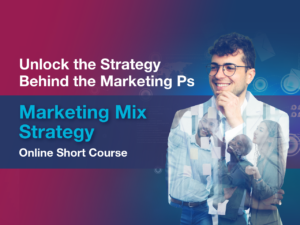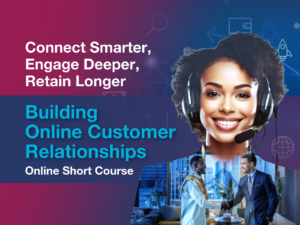
The Rise of the Side Hustle Generation: Redefining Work and Marketing
Welcome to the era of the Side Hustle Generation where 9-to-5 is optional and multi-hyphenate careers are the norm. From freelance gigs to fashion reels, South Africans are leading a work revolution fuelled by creativity, autonomy, and AI-driven tools. In this blog, we unpack why this shift matters, not just to the workforce, but to marketers aiming to connect with a generation that craves meaning, flexibility, and purpose-driven brands.












